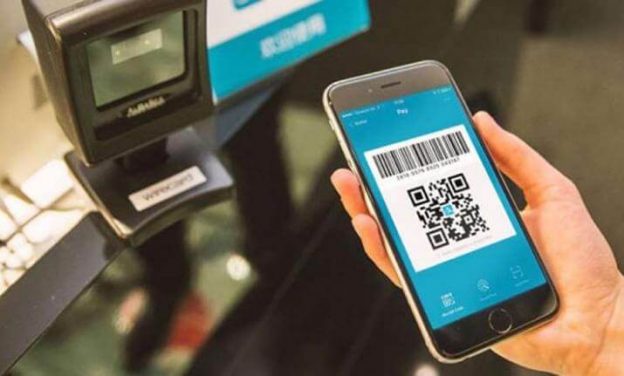Nigeria’s E-Payment Transactions Reaches an All-Time High of N387 Trillion in 2022


In new data released by the Nigeria Inter-Bank Settlement System (NIBSS), e-payment transactions in Nigeria reached an all-time high of N387 trillion in 2022. This figure is a 42% increase from the N272 trillion recorded in 2021.
According to the NIBSS, the NIBSS Instant Payment (NIP) figure was on a steady rise from January to December of 2022. The system recorded electronic transactions of N42 trillion in December 2022 alone which was also the all-time high monthly record for electronic transactions. The volume of transactions processed by NIBSS during the year moved up from 3.47 billion to 5.14 billion representing a 48% increase YoY.
Point of Sale (PoS) transactions also recorded an all-time high figure of N8.39 trillion in 2022, while the volume of PoS transactions was approximately 1.15 billion. The value of mobile transactions hit N19.4 trillion between January to December 2022, a whopping 142.5% difference from the N8 trillion value recorded in 2021.
Impact of Nigeria’s Cashless Policy
With a new cashless policy coming into place from the 9th of January, the volume of e-payment transactions is projected to hit new figures in 2023.
Also Read: Why hitching currency redesign to CBN’s cashless policy isn’t as smart as it sounds
Apart from redesigning the N1000, N500, and N200 notes, the CBN brought the weekly cash withdrawal limit on individuals and corporate organizations to N500,000 and N5 million respectively. The apex bank aims at reducing the amount of cash in circulation thus forcing Nigerians to resort to electronic payment means.
Even as Nigeria makes effort to cut the amount of cash in circulation, the country still has one of the lowest currency-to-GDP ratios in the world at 1.53%. Japan records a currency-to-GDP ratio of 18.6%, Hong Kong, 14.65%, India, 12.51%, the Eurozone, 10.09%, the USA, 7.38%, and China, 9.34%.
However, despite the low currency-to-GDP ratio, Nigeria is still regarded as a cash-reliant economy mainly due to the reliance of the informal sector on cash. With Nigeria’s informal sector estimated to contribute 57.7% to Nigeria’s GDP PPP, the sector is larger than the formal sector in terms of output and employment. Due to the cash-reliant nature of the informal economy, experts have warned that the new cashless policy of the CBN will have adverse effects on the informal economy.
The cash-reliant nature of the Nigerian economy is also driven by the amount of the unbanked population. Nigeria currently has about 4.45 commercial bank branches per 100,000 people which falls short of the global average of 11.7 bank branches per 100,000 people. And according to EFiNA, about 44% of Nigeria’s rural population lacks access to financial services.
Also Read: USSD Is The Most Popular Digital Banking Platform In Nigeria- Agusto & Co.
With new measures set in place over the years such as agency banking, especially for rural dwellers, it remains to be seen if the CBN’s aim of making Nigeria a cashless society will be achieved.
About NIBSS
The Nigeria Inter-Bank Settlement System (NIBSS) was incorporated by the CBN in 1993, and it began operating in 1994. It is owned by the CBN and all Deposit Money Banks (DMBs) in Nigeria. The system is responsible for the digital infrastructure that allows interbank payments to take place in Nigeria. It has put in place world-class digital infrastructures to facilitate inter-bank funds transfer without bottlenecks.
Through its adoption of new and emerging technology, NIBSS has been able to facilitate diverse payment systems in Nigeria such as USSD, mobile apps, internet banking, PoS, and ATMs, among others.






